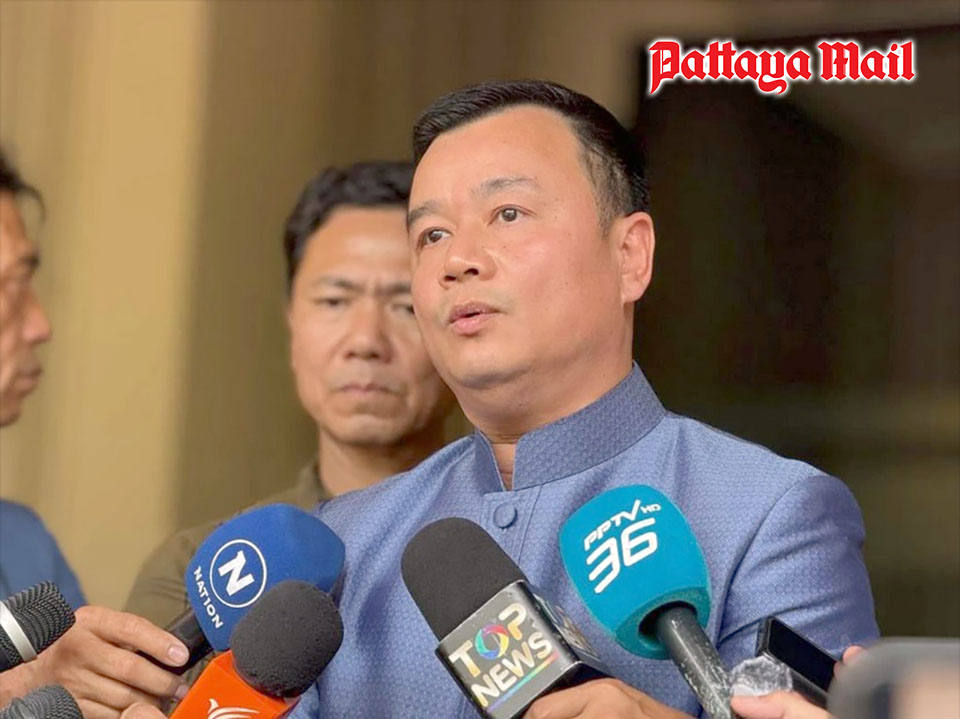
PATTAYA, Thailand – Thailand’s Minister of Tourism and Sports, Sorawong Thienthong, has announced that the government will relaunch the “We Travel Together” program during the low season, specifically from May to June 2025. The initiative, aimed at boosting domestic tourism, will come with new conditions to encourage travel beyond major tourist hubs and support off-peak tourism.
Key adjustments to the program include:
Expanding eligible destinations – Travelers must pair visits to major tourist provinces with secondary or lesser-known destinations to distribute tourism benefits more evenly.
Encouraging weekday travel – The program may require or incentivize the use of benefits on weekdays to help alleviate weekend congestion.
Allowing government employees to work remotely – Civil servants will be permitted to work from other provinces without taking official leave, further promoting domestic tourism.
Sorawong emphasized that these changes reflect the government’s goal of maintaining sustainable tourism growth by focusing on off-peak seasons rather than crowding peak travel periods like Songkran. The plan is currently being finalized in collaboration with the Ministry of Finance and will be implemented as quickly as possible.

Visa-Free Policy for Chinese Tourists Adjusted
The minister also addressed Thailand’s visa-free agreement with China, confirming that the policy will be extended but with a shorter maximum stay. Instead of the current 90-day allowance, Chinese tourists will be permitted to stay for 30 days.
Government data indicates that the majority of Chinese tourists stay for 15 days or less, making the previous 90-day limit unnecessary for most travelers.
The adjustment aims to streamline immigration management and address concerns over long-term stays, particularly regarding unregulated business activities by foreign nationals.
While Sorawong denied that the change directly targets concerns over “grey Chinese” groups involved in questionable business practices, he acknowledged that the new limit could indirectly help regulate foreign residency trends. However, exceptions may be made for individuals coming to Thailand for Muay Thai training, Thai cooking courses, or other cultural programs supporting Thailand’s soft power initiatives.
The new proposals for both the “We Travel Together” program and the visa-free adjustments will be submitted to the Thai Cabinet for approval in the coming weeks. While a specific timeline for the Cabinet’s decision has not been confirmed, discussions with the Ministry of Foreign Affairs are already underway.
These measures reflect Thailand’s strategic efforts to balance tourism growth with regulatory oversight, ensuring that both domestic and international travel contribute positively to the country’s economy.










